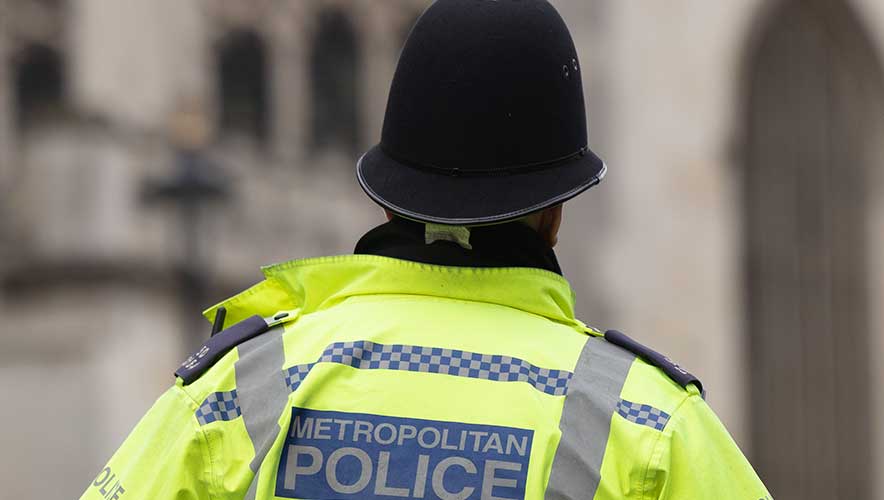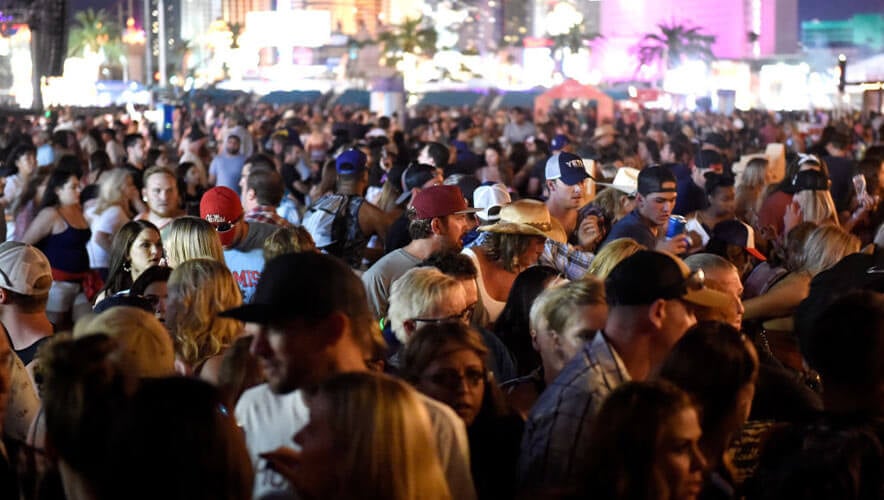Metropolitan Police Plagued by Racism, Misogyny, and Bullying, Report Finds
Racism, misogyny, and homophobia are poisoning London’s Metropolitan Police force and eroding the public’s confidence in the institution, according to a withering report commissioned after a young woman, Sarah Everard, was raped and killed by a serving officer in March 2021. Then, two months before the report was released, another serving Met officer was convicted of exploiting his position to sexually abuse women.
The 363-page final report from the Baroness Casey Review, An independent review into the standards of behavior and internal culture of the Metropolitan Police Service, declared that neither incident should have occurred—“enough was known about both men to have stopped them so much earlier.”
The “rigorous, stark, and unsparing” report recommended that the force undergo a dramatic overhaul to address its deep-seated issues—especially rooting predators and bullies out of its ranks and guarding “against the corrosive effects that their actions have on trust, confidence, and the fundamental Peelian principles of policing by consent,” wrote Baroness Louise Casey, a member of Parliament’s House of Lords who was in charge of the review.
The report found widespread bullying, discrimination, institutional homophobia, misogyny, and racism, noting that “women and children do not get the protection and support they deserve.” Additionally, women serving in the 43,000-person force were reluctant to speak out about the Met’s culture or other officers’ actions out of fear of ramifications for their careers, Reuters reported.
The commission found myriad examples of these activities being passed off as humor or banter. A gay, female officer was discouraged from filing a formal complaint after a male colleague told her that his “balls were cold” and asked her to “warm them up.” A Sikh officer had his beard cut because another officer thought it was funny. Bacon was left inside the boots of a Muslim officer. New female officers were hazed by being forced to eat cheesecakes until they vomited, The Washington Post reported. More than 20 percent of Met employees reported being bullied. LGBTQ officers and staff reported a higher rate—30 percent—and 33 percent of those with a long-standing illness, disability, or infirmity reported being bullied at work.
Beyond bullying within the ranks, unfair behavior extends to interactions with the public. “Black Londoners in particular remain over-policed. They are more likely to be stopped and searched, handcuffed, batoned and Tasered, are overrepresented in many serious crimes, and when they are victims of crime, they are less satisfied with the service they receive than other Londoners,” the report said.
The biggest barrier to change in the Met is the force’s own culture of defensiveness and denial about the scale of its problems, the review said.
As a result, public trust in the police force has plummeted from 89 percent in 2016 to 66 percent in March 2022. Public confidence in the Met to do a good job locally has fallen from 70 percent in 2016 to just 45 percent in March 2022. People from Black or mixed ethnic groups score the Met even lower.
“A series of scandals involving the Met and the Met’s response—playing them down, denial, obfuscation, and digging in to defend officers without seeming to understand their wider significance—combined with this loss of trust, are strong indicators of fundamental problems,” the report said.
Met Commissioner Mark Rowley, who was named to the post six months ago, said one could not read the report and not be “upset, embarrassed, and humbled.” In an interview with Sky News, he said “I absolutely accept the diagnosis that Louise Casey comes up with. We have racists, misogynists, and homophobes in the organization. And it’s not just about individuals. We have systemic failings, management failings, and cultural failings.”
The report places significant blame at the door of management, noting “systemic and fundamental problems in how the Met is run.” Recruitment and vetting models are poor, there is no central training record, and people management methods have failed to “effectively root out bad officers, help to tackle mediocre officers, or truly support and develop good officers.” Sergeants and inspectors must manage large numbers of constables and junior staff, and this workload means it’s easier to ignore poor performing officers or ignore conduct issues rather than follow them up. Austerity measures and budget cuts have significantly affected the Met’s resources (18 percent reduction over the past decade), leading to the de facto dissolution of community policing efforts, the Associated Press noted.
The Met has also remained largely white (more than 80 percent) and largely male (71 percent)—despite changing demographics in the city it serves (54 percent of Londoners said they were white, according to a 2021 census).
If recruitment efforts do not change, it will take at least 30 more years for the force to reach gender balance and even longer to reach 46 percent Black, Asian, or ethnic minority representation—which would match London’s current demographic.
“This isn’t about being ‘woke’ or having politically correct quotas,” the report said. “It means the Met is missing out on the talent it desperately needs to improve its effectiveness. It is also damaging community confidence, by failing to create a force that looks like the city it polices. This is creating a negative spiral in which some communities continue to have negative experiences at the hands of the police, trust them less, and are less likely to join.”
The review made 16 recommendations on how the Met can improve, including:
- Introducing a new, independent, multidisciplinary team of officers and staff to reform misconduct processes—focusing on sexual misconduct domestic abuse, and discrimination.
- Embedding and enforcing the highest policing ethical values and standards across all systems and management.
- Changing vetting standards to “guard against those who intend to abuse the powers of a police officer” and implementing continuous vetting throughout an officer’s service.
- Radically reforming and respecializing Public Protection Teams, especially those to deal with rape and serious sexual offenses.
- Introducing a new process for the Met to apologize for past families and rebuild consent.
- Testing key reforms at regular intervals to measure progress.
“If sufficient progress is not being made at the points of further review, more radical, structural options, such as dividing up the Met into national, specialist, and London responsibilities, should be considered to ensure the service to Londoners is prioritized,” the report said.










